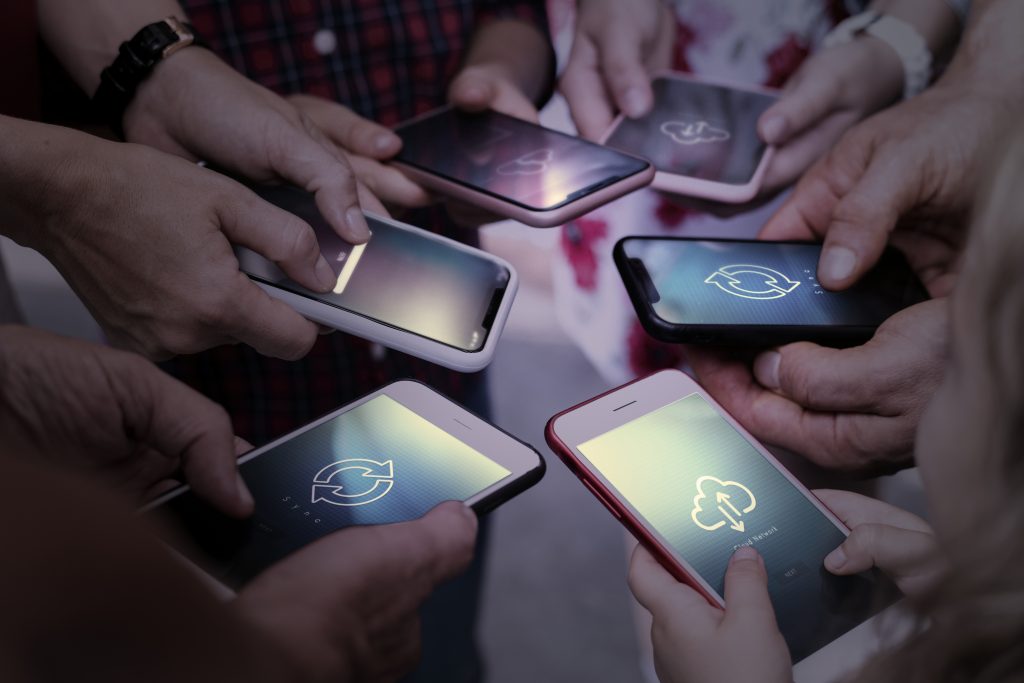
The recent announcement by the European Union approving legislation to create a common charger for electronic devices, including smartphones, has sparked conversations about innovation in the smartphone industry. In a press release in 2024, the EU declared that a USBC port would become mandatory for a range of electronic devices, including mobile phones, tablets, and headphones. This move signifies a significant shift in the way smartphone manufacturers operate, particularly affecting tech giants like Apple.
Apple's Struggles and the iPhone 15
Apple, once known for its groundbreaking innovations, has faced criticism in recent years for the incremental updates to its iPhone product line. While the iPhone has undeniably enjoyed massive success since its inception in 2007, many users and enthusiasts have expressed disappointment with recent models, citing minimal improvements that leave little reason to upgrade.
The highly anticipated iPhone 15, announced at Apple’s recent event, failed to meet expectations, described as underwhelming and disappointing by many. Despite the addition of a USBC port, mandated by the EU, the iPhone 15 lacked substantial changes, falling short of being revolutionary or legendary. This raises questions about Apple’s commitment to innovation and its position in the smartphone market.
The Changing Landscape of Smartphone Technology
The smartphone industry has reached a point where innovation has slowed down, posing challenges for companies like Apple to differentiate themselves and stay ahead of the competition. With technological progress plateauing, smartphone manufacturers are struggling to introduce groundbreaking features that capture consumers’ attention.
The decline in smartphone innovation has also resulted in a slowdown in the market, with predictions showing the lowest number of phones being shipped in a decade. Consumers are less inclined to upgrade to new models unless their existing phones break, signaling a shift in consumer behavior and preferences.
Adapting to New Realities: The Future of Smartphone Technology
As smartphone technology reaches a saturation point, companies like Apple are shifting their focus towards emerging technologies like virtual reality (VR) and artificial intelligence (AI). While VR may not be a major focus for Apple at the moment, the company is exploring opportunities to develop more VR headsets, reflecting the dynamic nature of technology and the need for constant adaptation and innovation.
Conclusion: Navigating the Future of Smartphone Innovation
The smartphone industry is at a crossroads, with companies like Apple grappling with the challenge of sustaining innovation in a rapidly evolving landscape. As regulations and consumer expectations continue to shape the future of smartphone technology, companies must adapt and innovate to remain relevant and successful.
While the iPhone 15 may have fallen short of expectations, it serves as a reminder of the need for continuous innovation and adaptation in an increasingly competitive market. As we look ahead, it will be fascinating to see how companies like Apple navigate the ever-changing landscape of smartphone technology and redefine the future of mobile innovation.



